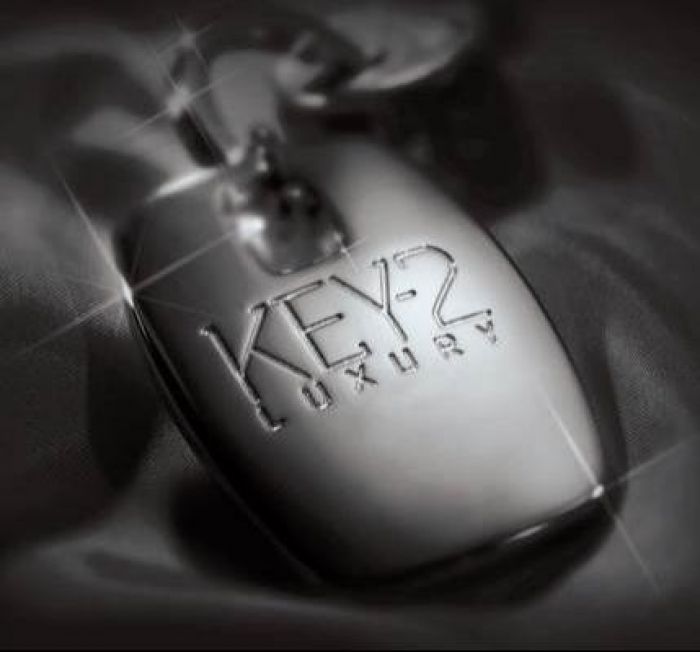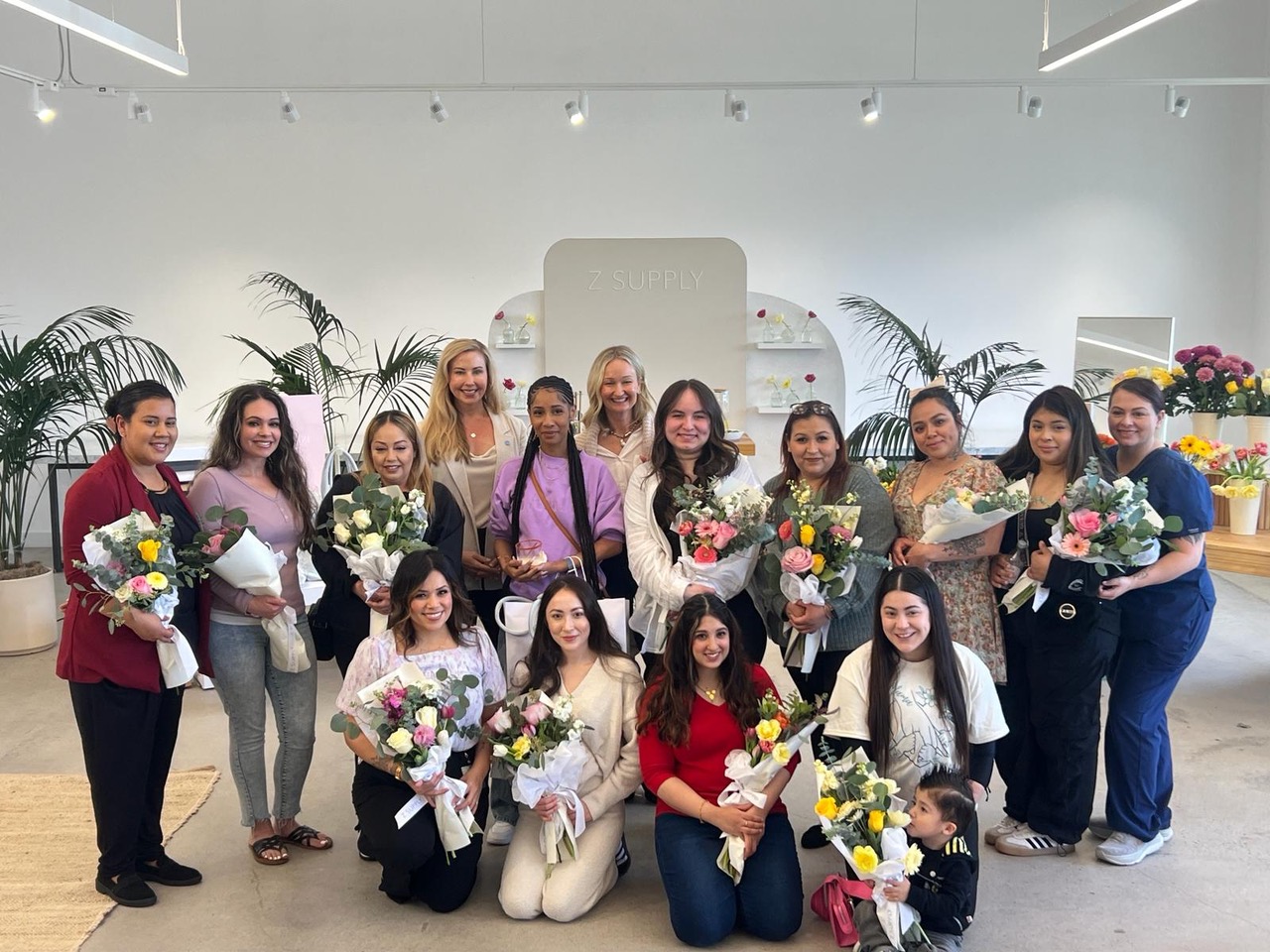
It’s not easy being a luxury brand these days. The world of the luxury brand has been turned upside down within the last few years. Gone are the times when brands could tell people what they should buy (it didn’t matter if people could actually afford a given object of desire), when marketing efforts resorted exclusively to one-way shout-outs (print, television, direct marketing, etc.) -- when pairing with an admired tastemaker was all that needed to be done to make the world go gaga over an outfit, a handbag, a car. Things used to be so predictable.
Who -- or better what -- is to blame? Social media.
The luxury brand’s affluent consumer turned out to a particularly heavy user of the Internet for both information and online purchasing. More than 90 percent of high-income Web users shop online regularly, and the Internet became their number one source of getting information for luxury products.
Even so, luxury brands by nature are hesitant to move online, but all the kicking and screaming (however elegant and stylish it may be) won’t help. Because of print advertising’s decreased returns and third party sources talking about luxury brands anyway, it became clear that luxury brands must make the transition to online advertising, e-commerce and yes, social media.
But how does social media coexist with luxury? Isn’t that an oxymoron? Social media, after all, is all about inclusivity, accessibility, being popular and user-generated. It’s about letting go. And that goes against the grain of what luxury brands stand for -- exclusivity, inaccessibility, being elite and staying in control.
Indeed, the overwhelming reasons people connect with brands online involve deals and discounts -- and luxury brands DON’T discount, or at least don’t want to be seen as discounters.
So, for the last two or three years, luxury brands have begun to get their feet wet with this whole social media business. It’s a steep learning curve for virtually every luxury brand. For the first time, the brand no longer decides what’s luxury and what’s not, what’s desirable and what is not. Even the non-luxury consumer can now have an impact on the success or failure of a luxury brand, simply by using his or her voice, shared through social media. Finally, social media has begun to claim its rightful place within the marketing mix of luxury brands.
Those early-adopter luxury brands that have started to delve into social media will have a huge competitive advantage. Granted, not all of these efforts have been or will be successful, owing to the persistent core differences between the definitions of what social media and luxury brands stand for. A successful social media presence will depend largely on strategies that reflect modern consumer behavior and preserve the luxury feel of the brand. While social media marketing strategies share similarities with other marketing efforts (detailed plans that mirror the brand message, followed by precise execution), they are at the same time utterly unique: the brand speaks to the consumer directly, in real time and (if done right) in a two-way conversation without giving up its luxury status.














